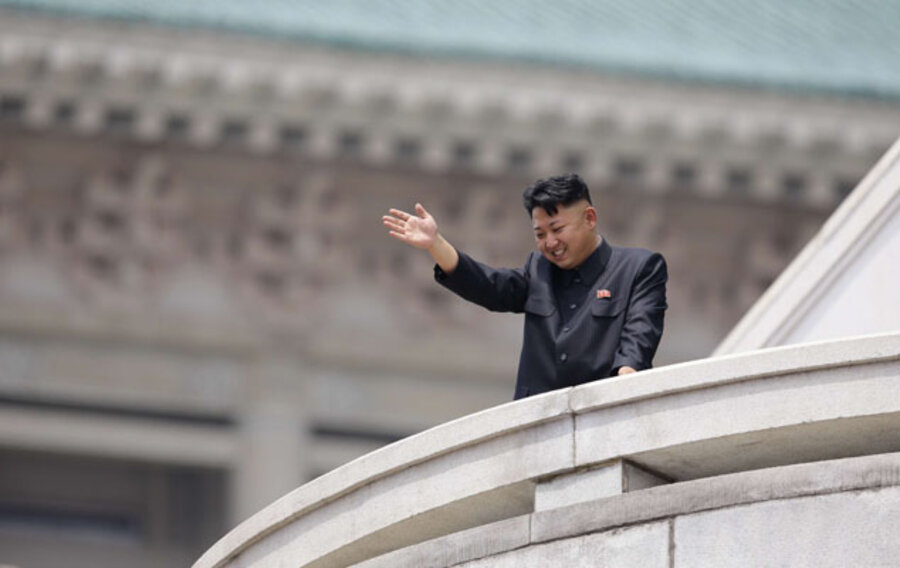North Korea’s program is all about building nuclear weapons. By contrast, Iran has always maintained that it only wants to build facilities to produce nuclear energy and has never produced a warhead. Moreover, North Korea has formally withdrawn from the nuclear non-proliferation treaty while Iran remains a signatory. “North Korea can learn nothing from the Iranian deal,” says Paik Hak-soon, director of North Korean studies at the Sejong Institute, a think tank that has often done studies on behalf of the South Korean government. North Korea faces “a totally different situation” when it comes to comparisons with Iran, Mr. Paik says.
The two countries have also pursued different paths. North Korea has produced warheads with plutonium from a five-megawatt experimental reactor at its Yongbyon nuclear complex. Iran’s nuclear energy program is based on highly enriched uranium (HEU). However, North Korea in recent years, has launched its own HEU program. Some analysts believe that North Korea has already built warheads with HEU and that HEU may have detonated the device that North Korea exploded in its most recent underground nuclear test in February 2013.





